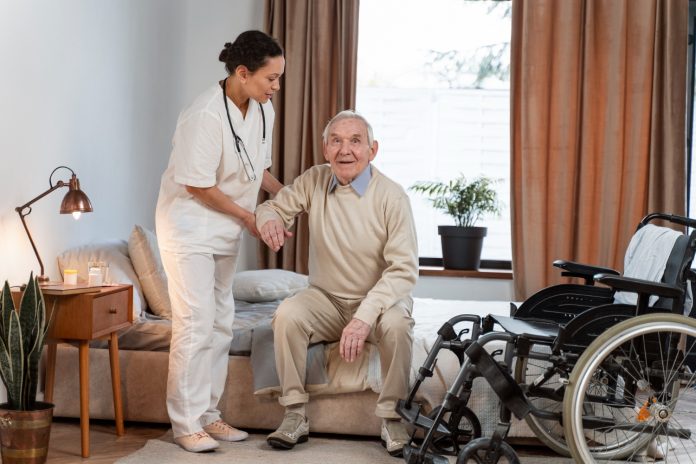Residential care homes provide a vital balance between offering care and fostering independence for seniors, contributing to both their physical and mental wellbeing. Rather than being places where autonomy is lost, modern care homes are designed to support and nurture self-reliance. Below are some of the key ways in which these homes promote independence and enhance wellbeing.
Promoting Autonomy in Daily Life
A primary aim of residential care homes today is to empower residents to maintain control over their own lives. Whether it’s choosing when to wake up, selecting meals or participating in activities, individuals are encouraged to make decisions that shape their daily routines. This level of autonomy allows residents to feel a sense of control, preserving their dignity and boosting their confidence. Residential care homes provide a vital balance between offering care and fostering independence for seniors, as exemplified by fairviewcourt.co.uk.
Tailored Care Plans for Individual Needs
Care homes recognise that each resident has unique needs. To support this, they offer personalised care plans that take into account the physical, emotional and social requirements of every individual. This ensures that those who need assistance with daily tasks receive it, while still being encouraged to do what they can independently. By tailoring care in this way, residents are able to retain as much self-reliance as possible, which is vital for maintaining their quality of life.
Building Social Connections and Community
Living in a care home provides residents with ample opportunities for social interaction. Many homes organise group activities, events, and outings designed to encourage community participation. Social engagement is critical to emotional health, and building friendships with other residents can combat loneliness, which is a common concern among older adults. The social aspect of care homes helps create a sense of belonging and camaraderie.
Activities That Support Health and Wellbeing
Many care homes offer a wide variety of activities that aim to enhance both the physical and mental wellbeing of their residents. These can include exercise classes, arts and crafts, gardening and cognitive games that promote mental stimulation. Regular physical activity helps maintain mobility and strength, while activities that challenge the mind help keep cognitive skills sharp. These programs also provide a sense of purpose, contributing to overall happiness and fulfilment.
Emotional Support in a Safe Environment
While fostering independence, care homes also offer emotional support to help residents adapt to their new living situation. Staff are trained to offer compassionate care and provide reassurance to residents experiencing feelings of anxiety, homesickness or loss. Additionally, the secure environment of a care home helps residents feel safe, reducing stress and improving their emotional wellbeing.
Nutritional and Medical Care
A key part of promoting wellbeing in residential care homes is ensuring residents have access to nutritious meals that cater to their dietary needs. Alongside healthy eating, care homes provide round-the-clock medical support to address any health concerns that arise. This combination of good nutrition and comprehensive healthcare plays a major role in enhancing the physical health of residents, helping them stay active and engaged.
Conclusion
Residential care homes are designed to support both independence and well-being, offering personalised care, opportunities for social interaction, engaging activities, and emotional and medical support. By providing an environment that encourages autonomy while ensuring safety and support, these homes help residents maintain a high quality of life as they age.





























